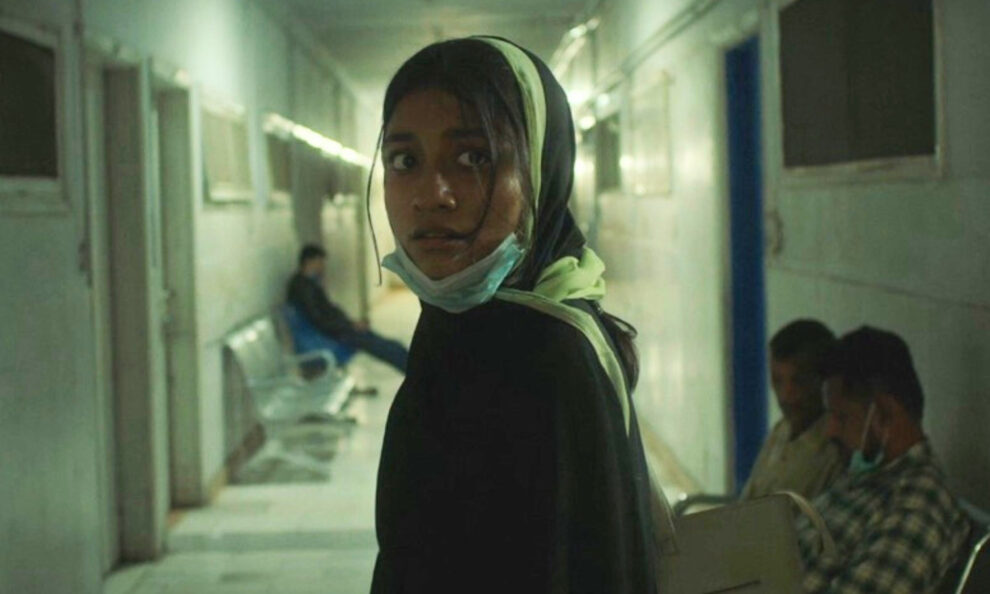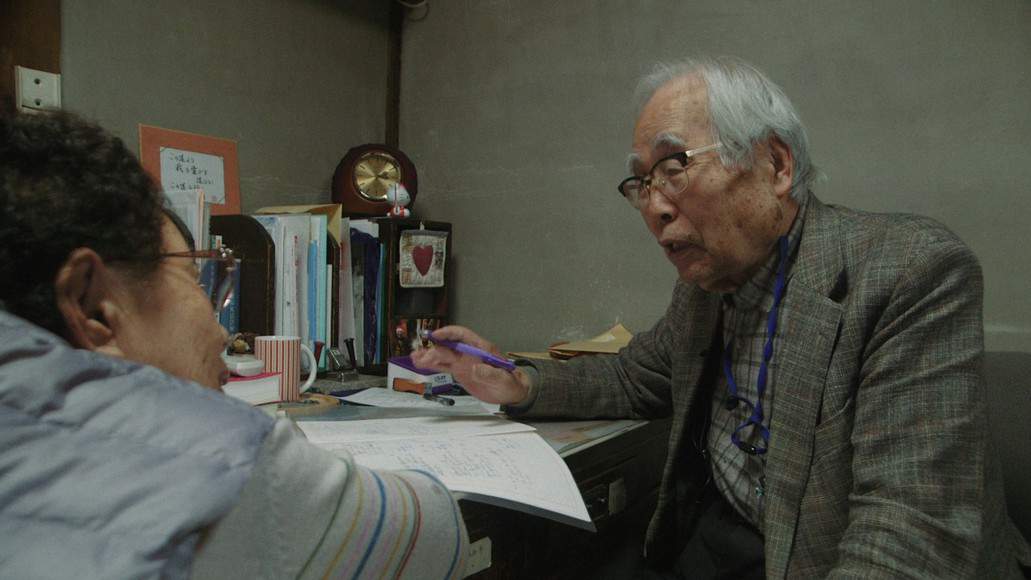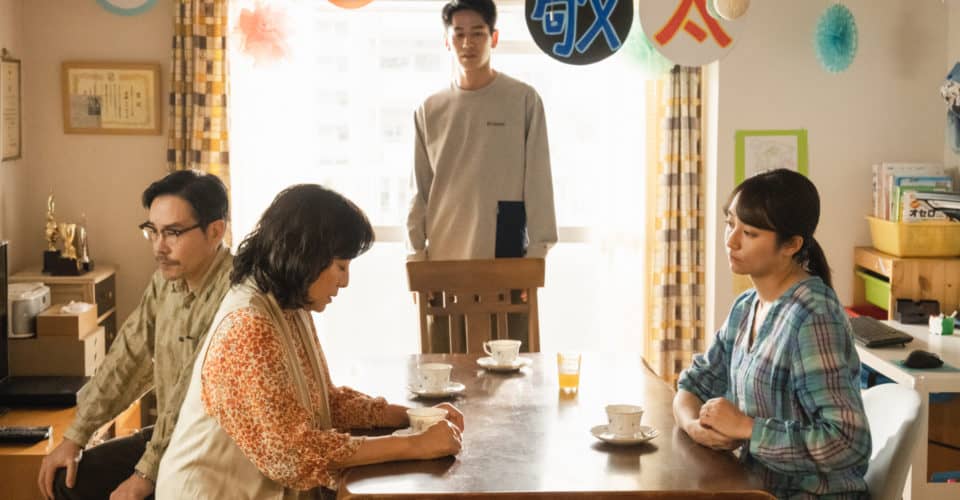Second of two Pakistani movies screening at Red Sea competition section this year (the other being “Wakhri”), “In Flames” also deals with the issues women face in the country nowadays, implementing, however, an approach that moves towards the supernatural on occasion.
In Flames is screening at Red Sea Film Festival

Mariam is a medical student living with her mother Fariha and younger brother in a tiny Karachi flat owned by her grandfather, following her father's death. When the grandfather dies, leaving a mountain of debt, an uncle steps in offering to cover them. Mariam is suspicious of his motifs, but her mother won't hear anything about it, insisting that the uncle only wants to help. In the meantime, and after an attack on her car while she was driving, she meets Asad, a fellow student, who was introduced to her by a friend. The two, and after his intense courting, come closer together, but tragedy soon strikes, with the bad incidents actually following one another. In the meantime, Mariam's mental health is failing, with her having awful nightmares that eventually carry on onto her daily life.
Zarrar Khan directs a movie that begins as a social/family drama, with the distinct purpose of highlighting the issues of both women in Pakistan and what the overall society faces. Scenes like the one where someone from the school tells Mariam and Asad to sit further apart because “this is not a Bollywood movie” are indicative, as much as the whole arc with the uncle, and the people harassing the beautiful Mariam all over the place every time they get.
Check also this interview
In that regard, it is easy to say that the movie begins quite nicely, weaving an intriguing story with rich context. However, as time passes, and particularly after Mariam starts exhibiting mental issues, Kahn loses his control over the story, which ends up going into paths that do not make any sense. Granted, this part can also be perceived as a comment about mental illness and how it is (not) treated in Pakistan, with the scene with the spiritual healer being indicative, but even through that prism, the narrative is essentially lost.
The one who seems to suffer most from this is the character of Faraha, with the scene with the lawyer and the one where the twist comes being quite disconnected from the rest of the narrative, even if the ending ties them all up, to a point at least. And talking about the finale, it is easy to say that, in combination with the beginning of the story, and the way the whole thing is turned around, is the movie's greatest trait, also making an unrealistic, but also quite satisfying comment.
The acting is also on a very high level. Ramesha Nawal as Mariam is quite convincing in the way she portrays her downward spiral, and the way she tries to go against all odds, failing most of the time, in a way though, that makes her both likable and heroic. Bakhtawar Mazhar as Fariha does her best in a role that is not particularly well-written, again finding her apogee close to the end. Omar Javaid as Asad steals the show on occasion with his child-like but quite appealing behavior, with his flirting scenes with Mariam highlighting their excellent chemistry, as much as providing one of the most appealing aspects of the movie.
Aigul Nurbulatova's cinematography captures the claustrophobic setting the protagonists inhabit, with the scenes with the “healing” and the overall offensively voyeuristic aspect working quite well for the movie. Craig Scorgie's editing maintains a fitting mid-tempo while the twist is well-placed. At the same time, though, the way the story moves into a number of unfitting paths harms the film significantly, particularly when the whole thing moves into supernatural horror territory.
“In Flames” has a lot of merits, and it is well-shot and well-acted. The fact that the director was not sure if he wanted to shoot a social drama or a horror film, however, harms the whole thing significantly, as the transition does not make sense. Along with some plot holes in the script, the whole thing results in a work that can only be described as a missed chance. And on a personal note, I would like to see Kahn moving exclusively towards horror paths, since he seems to have a knack for creating scenes that can shock.















